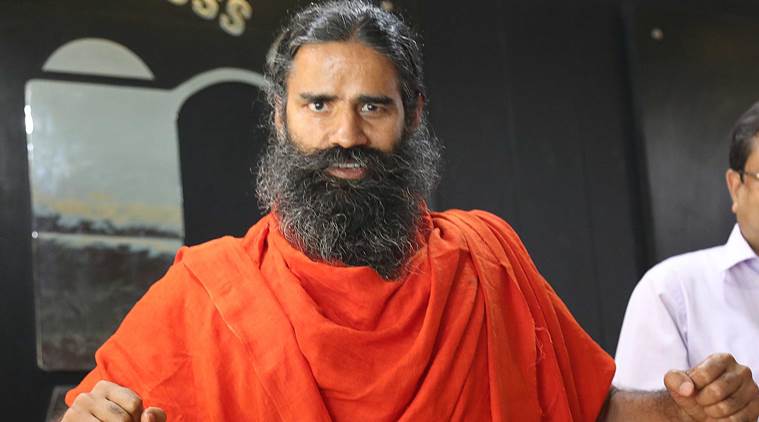TRENDING TAGS :
Patanjali's Misleading Ads: Supreme Court Rebukes Ramdev, Demands Action (Again)
The Supreme Court pulls up Baba Ramdev and Patanjali for continuing to run misleading advertisements after assurances to stop. Will this be the final warning?
Baba Ramdev
In a strong rebuke, the Supreme Court of India recently came down heavily on Patanjali Ayurved, the FMCG giant led by yoga guru Baba Ramdev, for persisting with misleading advertisements for its products. This comes after the Indian Medical Association (IMA) filed a contempt petition against Patanjali for violating the court's previous directives.
The apex court had issued a warning to Patanjali in November 2023, criticizing them for circulating unsubstantiated claims about the medicinal efficacy of their products and disparaging modern medicine. The court had cautioned a fine of ₹1 crore if such promotional activities continued.
Despite these warnings, Patanjali allegedly continued to run misleading advertisements, prompting the IMA to file a contempt petition. During the recent hearing, the Supreme Court expressed serious displeasure with Patanjali's actions. The judges saw their continued disregard for the court's orders as a "causal" and "indefensible" approach.
Ramdev and Patanjali's managing director, Acharya Balkrishna, were personally summoned to appear before the court. They tendered an "unconditional apology," but the court remained unconvinced. The judges questioned the sincerity of the apology, particularly considering the swiftness with which Patanjali held a press conference after the November 2023 hearing, showcasing new products. The court saw this as evidence that Patanjali was well aware of the court's directives.
The Solicitor General, representing the central government, acknowledged the issue and urged the court to find a solution to tackle the problem of misleading medical advertisements.
The court ultimately granted Patanjali "one last chance" to comply with its orders. Patanjali must submit a proper affidavit outlining a clear roadmap for adhering to ethical advertising practices. The court also directed them to stop all misleading advertisements immediately.
The Patanjali case highlights the ongoing battle against misleading advertising in the Indian healthcare sector. Consumers are often bombarded with exaggerated claims about the curative properties of various products, potentially leading to confusion and reliance on unproven remedies. Patanjali's repeated offenses raise concerns about the effectiveness of existing regulations and the potential for powerful brands to circumvent them.
The Supreme Court's stern stance sends a strong message to companies like Patanjali who engage in deceptive advertising practices. It remains to be seen if this latest warning will translate into long-term compliance or if further action will be necessary.
This episode also underscores the need for stricter regulations and more robust enforcement mechanisms to ensure accurate and responsible advertising in the medical and health sector.



